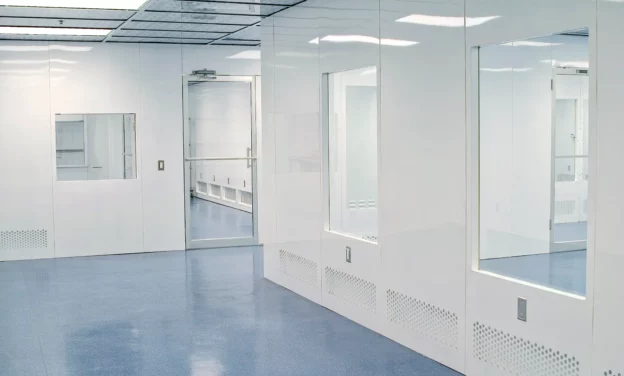Clean rooms are critical environments used in industries such as pharmaceuticals, biotechnology, electronics, and healthcare. Their design and maintenance require expert knowledge to ensure they meet stringent safety and performance standards. Professionals specializing in clean room optimization implement advanced strategies to control contamination, enhance efficiency, and ensure compliance with industry regulations.
The Role of Experts in Clean Room Optimization
Clean room design is a complex field that involves airflow management, material selection, and contamination control. Experts bring a deep understanding of industry-specific requirements to create highly functional and safe environments.
- Ensuring Strict Contamination Control
- Specialists develop filtration systems, air pressure control, and airflow patterns that minimize contamination risks.
- High-efficiency particulate air (HEPA) and ultra-low penetration air (ULPA) filters are integrated to maintain air purity.
- Enhancing Operational Efficiency
- Experts optimize layout and workflows to reduce unnecessary movement and minimize contamination sources.
- They ensure that equipment placement supports streamlined operations without compromising cleanliness.
- Material and Surface Selection
- Experts recommend non-porous, easy-to-clean surfaces that prevent microbial growth and particle accumulation.
- Antimicrobial coatings and specialized flooring solutions enhance hygiene and durability.
- Technology and Automation Integration
- Smart monitoring systems are implemented to track air quality, humidity, and pressure in real time.
- Automation reduces human intervention, lowering contamination risks while improving consistency.
- Regulatory Compliance and Safety Measures
- Clean room professionals ensure compliance with ISO, FDA, and GMP standards to meet industry regulations.
- Safety measures, including controlled access, proper gowning procedures, and environmental monitoring, are meticulously planned and enforced.
Impact on Safety and Performance
By leveraging expert knowledge, clean rooms achieve:
- Superior Contamination Control: Advanced air filtration and controlled airflow reduce particulate levels.
- Enhanced Productivity: Efficient layouts and optimized workflows improve operational efficiency.
- Regulatory Assurance: Compliance with industry standards ensures reliability and trustworthiness.
- Sustainable and Cost-Effective Solutions: Energy-efficient systems and long-lasting materials reduce operational costs.
Conclusion
The expertise of clean room specialists is indispensable in ensuring that these critical environments maintain maximum safety and performance. Through advanced design strategies, technology integration, and strict contamination control, experts help businesses maintain high-quality standards while optimizing efficiency. Companies that invest in expert-led clean room design benefit from improved productivity, compliance, and long-term operational success.
